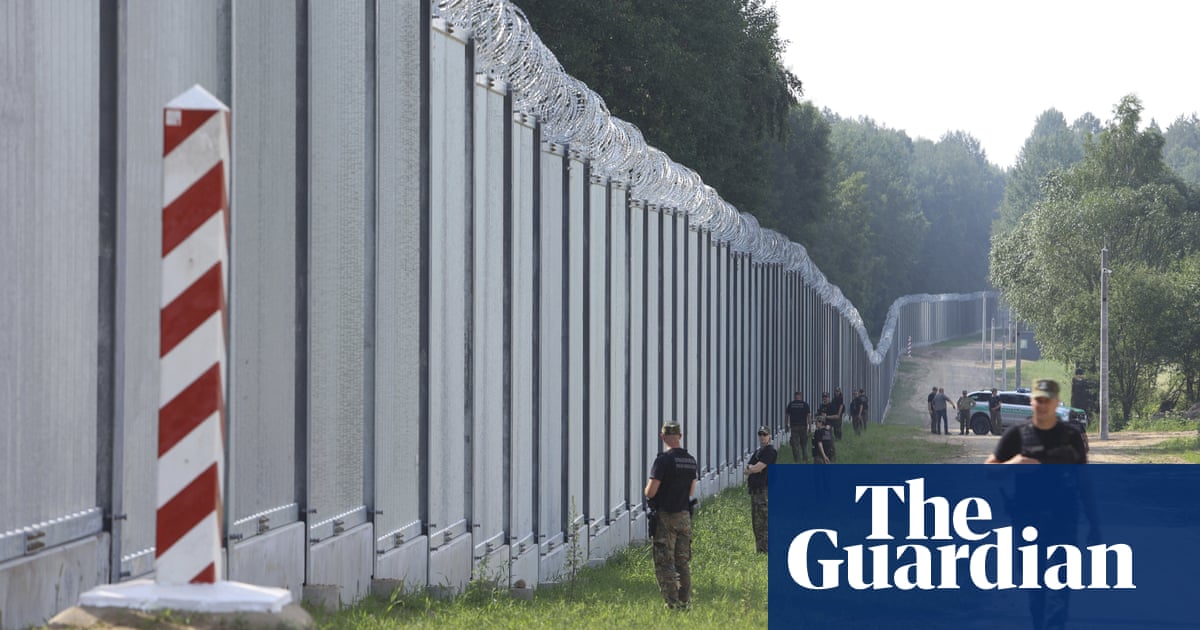
WARSAW (Reuters) - In April, in the midst of a nationwide coronavirus lockdown in Poland, Katarzyna found out that the baby she was carrying had a severe genetic disorder and would probably die before birth or shortly after.
She immediately decided to terminate the pregnancy. When she finally managed to, five weeks later and after meeting some 10 doctors, securing a fallback plan in Germany and researching home methods, she knew she would not try to get pregnant again.
“I knew how difficult it can be to get a legal abortion in Poland, so I chose to be stubborn,” said 38-year-old Katarzyna, who lives in a small town in central Poland and already has two daughters, one of them disabled.
“I don’t think I could survive this sense of helplessness and the contempt from the medical community if something went wrong again,” she said, speaking on condition of anonymity because the subject of abortion is largely taboo in Poland.
Terminations like hers are at the heart of a fierce public debate about abortion rights in predominantly Catholic Poland, expected to culminate with a rare ruling by the Constitutional Tribunal as early as Thursday on whether they are permissible.
Many doctors in Poland, which has some of the strictest abortion rules in Europe, already exercise their legal right to refuse to terminate pregnancies on religious grounds. Some say they are pressured into doing so by their superiors.
Many in Poland’s conservative ruling party, Law and Justice (PiS), including its leader Jaroslaw Kaczynski, believe abortions requested on the basis of foetal defects should be banned, and that only terminations due to incest, rape or a threat to a woman’s life or health should remain legal. Abortion on demand is already banned in Poland.
But PiS, which came to power five years ago promising to entrench more traditional, Catholic values in public life, has so far been reluctant to push new restrictions through parliament because previous debates sparked a big public outcry.
Its critics say PiS now hopes instead to use the Tribunal to change policy - a charge it denies - after a series of judicial reforms that the European Commission says has undermined the independence of Poland’s courts.
A group of right-wing lawmakers has asked the Tribunal, which reviews the compatibility of laws with the constitution, to rule on the legality of aborting defective foetuses.
“(Abortion) has always been a difficult issue for parliament, it awakens massive public emotions,” said Bartlomiej Wroblewski, a PiS lawmaker and one of those seeking a verdict.
“I thought we needed to find another place where constitutional arguments on the right to life, on human dignity, the ban on discrimination, can be decisive,” Wroblewski said.
“GIGANTIC” STRAIN
PiS denies trying to influence Tribunal rulings, although its shakeup of Poland’s judiciary has prompted charges at home and abroad that it is subverting democratic norms. PiS says its reforms only aim to make the judiciary more efficient and fair.
“PiS is afraid to take responsibility for making abortion rules more restrictive. They know perfectly well that current rules are already very difficult to accept,” Barbara Nowacka, a left-wing lawmaker, told Reuters.
“They want to ban abortion using the Tribunal, which is politicised and staffed with judges appointed illegally,” she said, referring to changes that give the ruling party a bigger say in appointing judges.
While taking a firmer stand against abortion would play well with PiS’s conservative base, there is no wider public clamour for change. An opinion poll published late last year, after PiS won re-election, showed fewer than 15% back a tightening of abortion rules.
Government data shows roughly 1,000 legal abortions are conducted in Poland each year, mostly due to foetal abnormalities.
Rights activists say thousands more women terminate pregnancies illegally or travel abroad, mainly to Germany, Slovakia and the Czech Republic, where rules are far less strict.
A friend helped Katarzyna find a doctor in Germany who performs abortions for Polish women in case her hospital in Warsaw backed out. She was determined to shield her daughters from the shock of losing a severely ill baby sibling.
If it were not for the coronavirus pandemic, Katarzyna added, “I wouldn’t have gone begging (for an abortion in Poland)... I would have gone abroad.
“The psychological strain was gigantic”.












